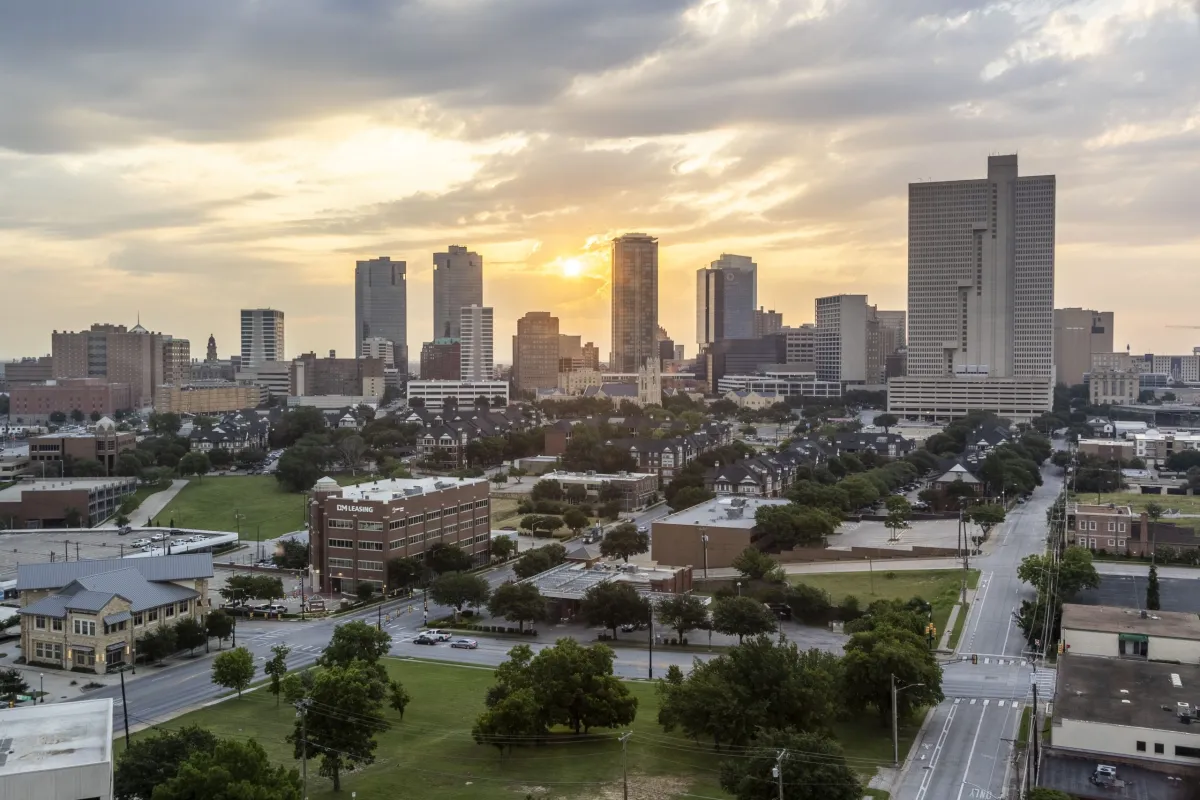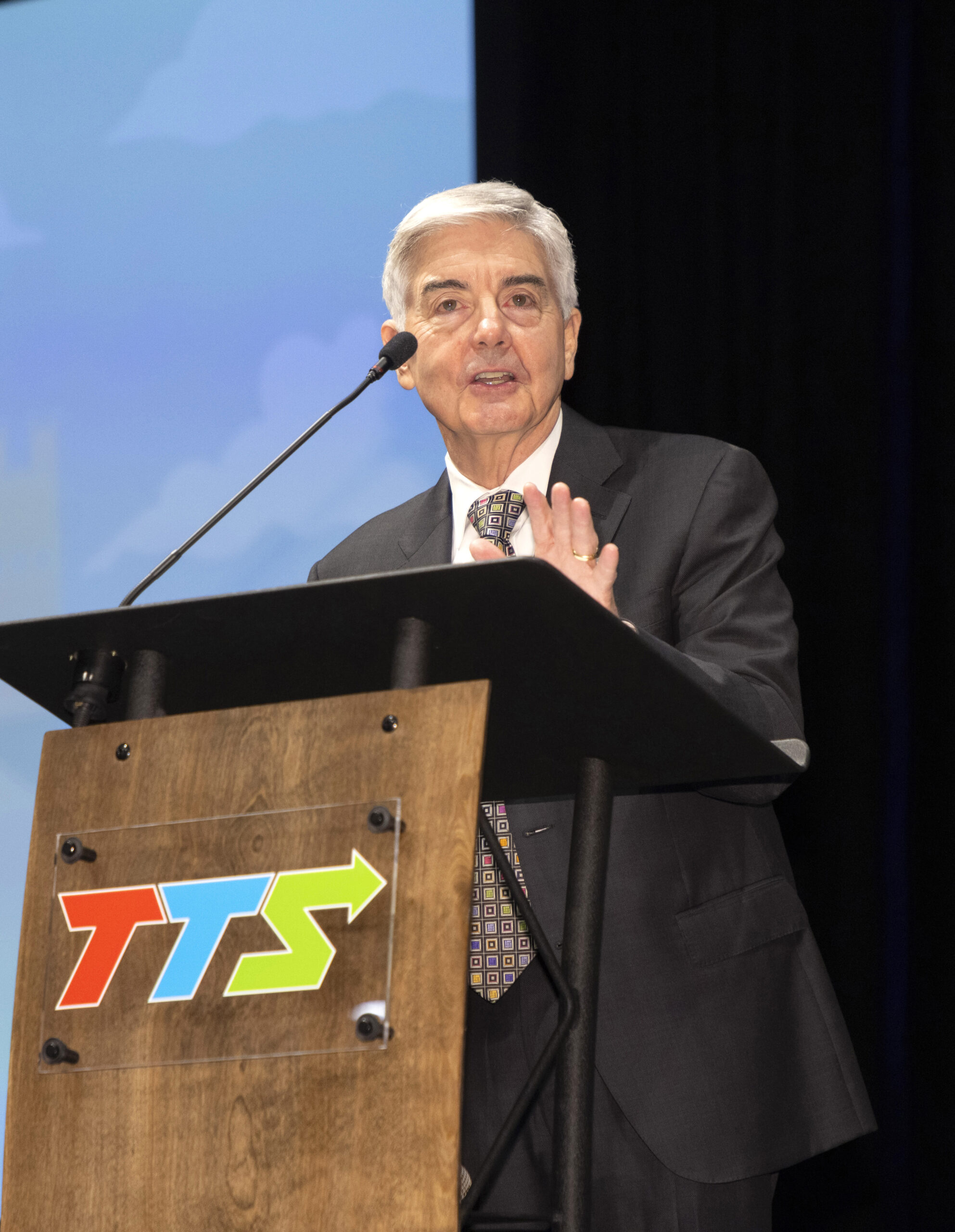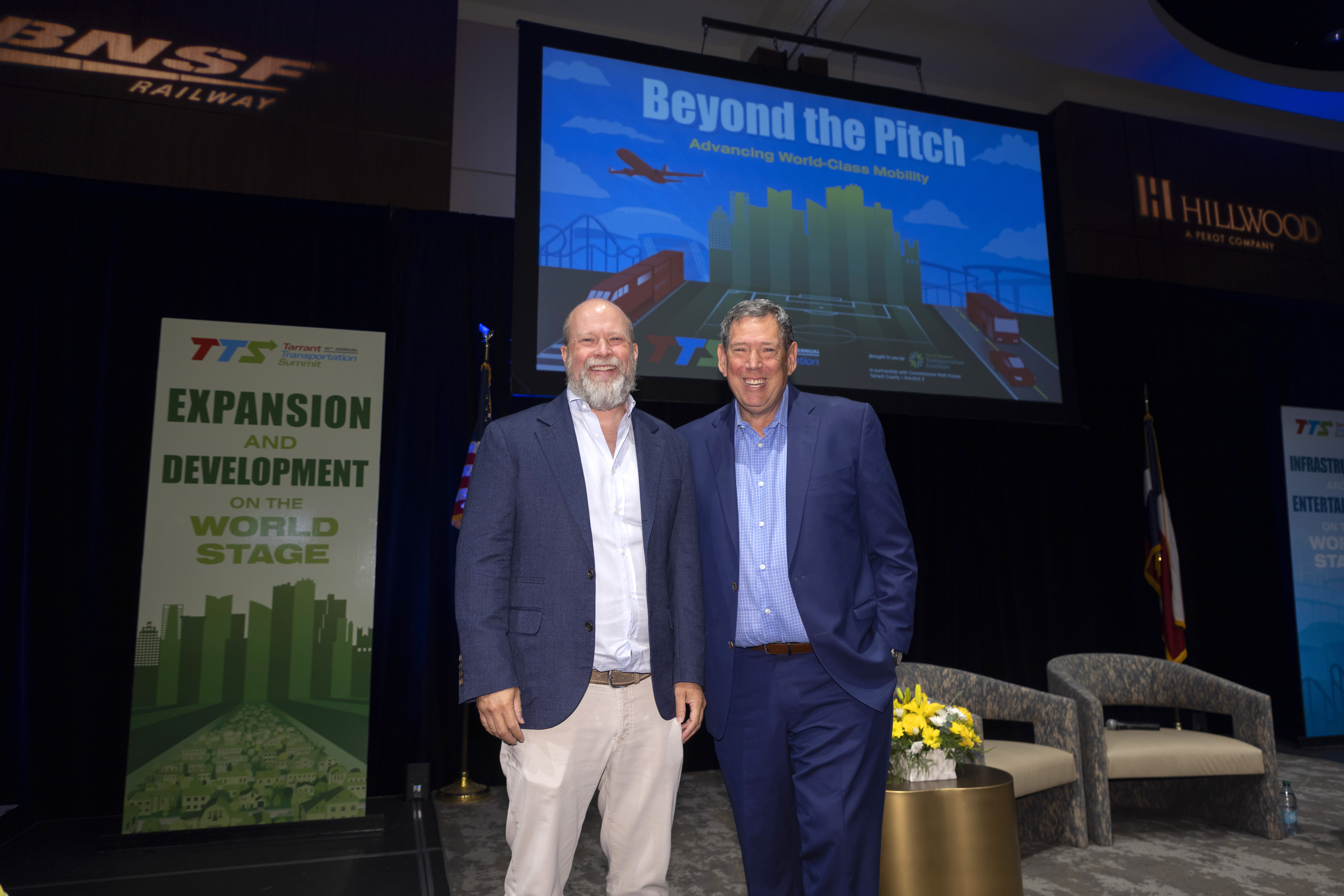Press

Fort Worth has surpassed 1 million residents, becoming the nation’s 11th largest city, and is projected to add another 400,000 people by 2050. The rapid growth is reshaping the city while raising urgent questions about infrastructure, resources, and quality of life.
Water remains one of the most pressing concerns. Despite conservation and reuse initiatives, regional planners forecast a deficit of one million acre-feet annually. Projects such as the proposed Marvin Nichols Reservoir and the Marty Leonard wetlands aim to expand supply, but they face delays and opposition. Meanwhile, demand from new housing, businesses, and technology hubs continues to rise.
Economic development is advancing quickly. Fort Worth was recently designated Texas’ aviation and defense capital, with major investments from Lockheed Martin, Bell, and Siemens. Film production is expanding with a new 450,000-square-foot studio, while local hospitals are planning multi-billion-dollar expansions to serve a growing population.
Yet growth is straining transportation systems. Commutes average nearly 27 minutes, prompting highway expansions, new rail proposals, and calls for denser, mixed-use development. Housing shortages add to the pressure, with economists estimating a need for 40,000 units.
As Fort Worth expands, leaders face the challenge of managing growth while ensuring sustainability and livability for future residents. Read the full article by Fort Worth Report here.

